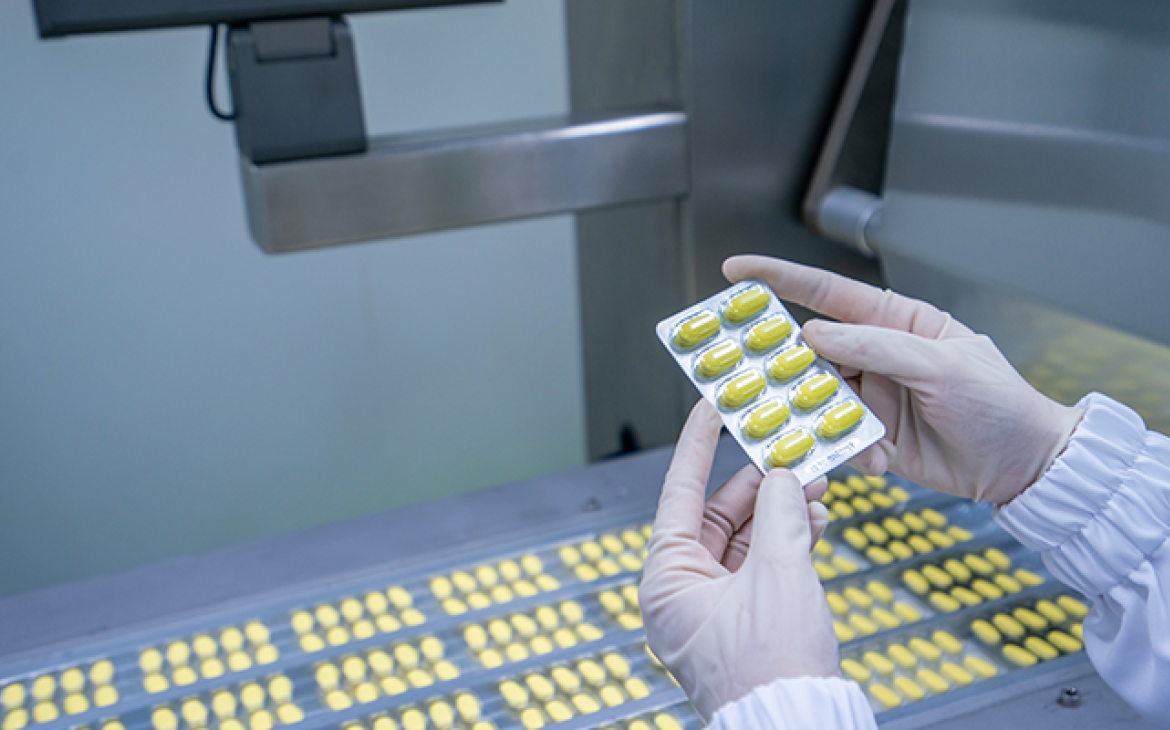Highly complex biologics such as proteins, monoclonal antibodies, and cell and gene therapies increasingly fill biopharmaceutical pipelines across a range of therapeutic indications. These innovative biomedicines are introducing new challenges in monitoring and ensuring quality across the drug development workflow, from early stage research and discovery to clinical testing, regulatory review, manufacturing, and post-marketing surveillance.
Biologics, or large molecule medicines, are complex in nature and often produced through living expression systems while their pre-existing, small molecule counterparts are chemically defined molecules often produced through chemical synthesis. As the pharmaceutical industry has shifted from producing predominantly small molecule drugs to manufacturing a plethora of large molecule drugs, manufacturers have not only had to adapt existing research tools, production processes, and analytical methods, but also have had to develop novel technologies and approaches. As a result, the quality standards are also evolving to suit the new paradigm of scientific complexities presented by revolutionary biologic therapeutics.
A good example of how new breakthrough medicines are driving the evolution of standards is the World Health Organization’s (WHO) consideration of its first lentiviral vector standard for lentivirus-based gene therapy products (Zhao Y Et al. Human Gene Therapy 2017;28(4):205-214). As Zhao et al. state, “A prerequisite for producing gene therapy products is ensuring their quality and safety. This requires appropriately controlled and standardized production and testing procedures that result in consistent safety and efficacy… [A] first World Health Organization International Standard, suitable for the standardization of assays and enabling comparison of cross-trial and cross-manufacturing results for this important vector platform… will be expected to optimize the development of gene therapy medicinal products.”
USP is a nongovernmental, independent, nonprofit organization dedicated to promoting public health by developing standards to help ensure quality medicines. Working with recognized experts from around the globe, USP has a long reputable history of establishing broadly accepted standards based on the collaborative input of leading stakeholders. USP serves a crucial role by convening representatives of industry, academia, and regulatory agencies to support the standards setting process.
Dr. Jaap Venema, Chief Science Officer, describes USP’s biologics standards in an interview with BioPharm International as “a toolbox that manufacturers use to ensure the quality of their products.” They are “part of the overall safety net that helps protect our medicine supply in the United States.”
Focusing on Performance Standards
USP’s standards are based on rigorous science and intended to support the quality and consistency of existing biological drugs and those in developmental pipelines. The biologics program at USP is focusing on the development of Performance Standards, Reference Standards that are applicable to classes of drug substances (e.g., monoclonal antibodies or cell therapies) and can be used throughout the product lifecycle. USP works closely with industry partners to identify key challenges in biologics development and manufacturing as well as to help create standards which establish common benchmarks for quality.
USP’s emphasis on Performance Standards is based on our recognition of the continuing advances in technology and methods that are enabling the development of more complex biotherapeutics. Certain technologies, such as recombinant production, are common to the manufacture of biologics within a class. Each of these technologies has benefits and challenges that are also common across a class regardless of the specific molecule being produced. It is these common issues that USP will help industry resolve through Performance Standards.
USP Performance Standards support analytical testing to ensure the quality and consistency of biologics throughout the product lifecycle. Performance Standards have either 1) quantitative applications such as assays or limit tests (e.g., Impurity Reference Standards); or 2) qualitative applications such as identification tests, elution markers, and system suitability tests. Performance Standards can be used as a common benchmark during the design, development, analysis, and validation of assays to address analytical challenges that are inherent to the technologies.
Benefits of performance standards
- Play a role in helping manufacturers and regulators ensure the quality and consistency of biologics worldwide.
- Address common quality issues inherent to specific technologies.
- Protect the integrity of the medicines globally.
- Support manufacturers in performing analytical testing throughout the product lifecycle.
- Broad applicability to drug families or therapeutic drug classes.
Learn more about Performance Standards and other topics of interest by subscribing to the Biologics at USP blog.
References:
Venema, J. (2016, November 3). Interview
Zhao Y Et al. Human Gene Therapy 2017;28(4):205-214


